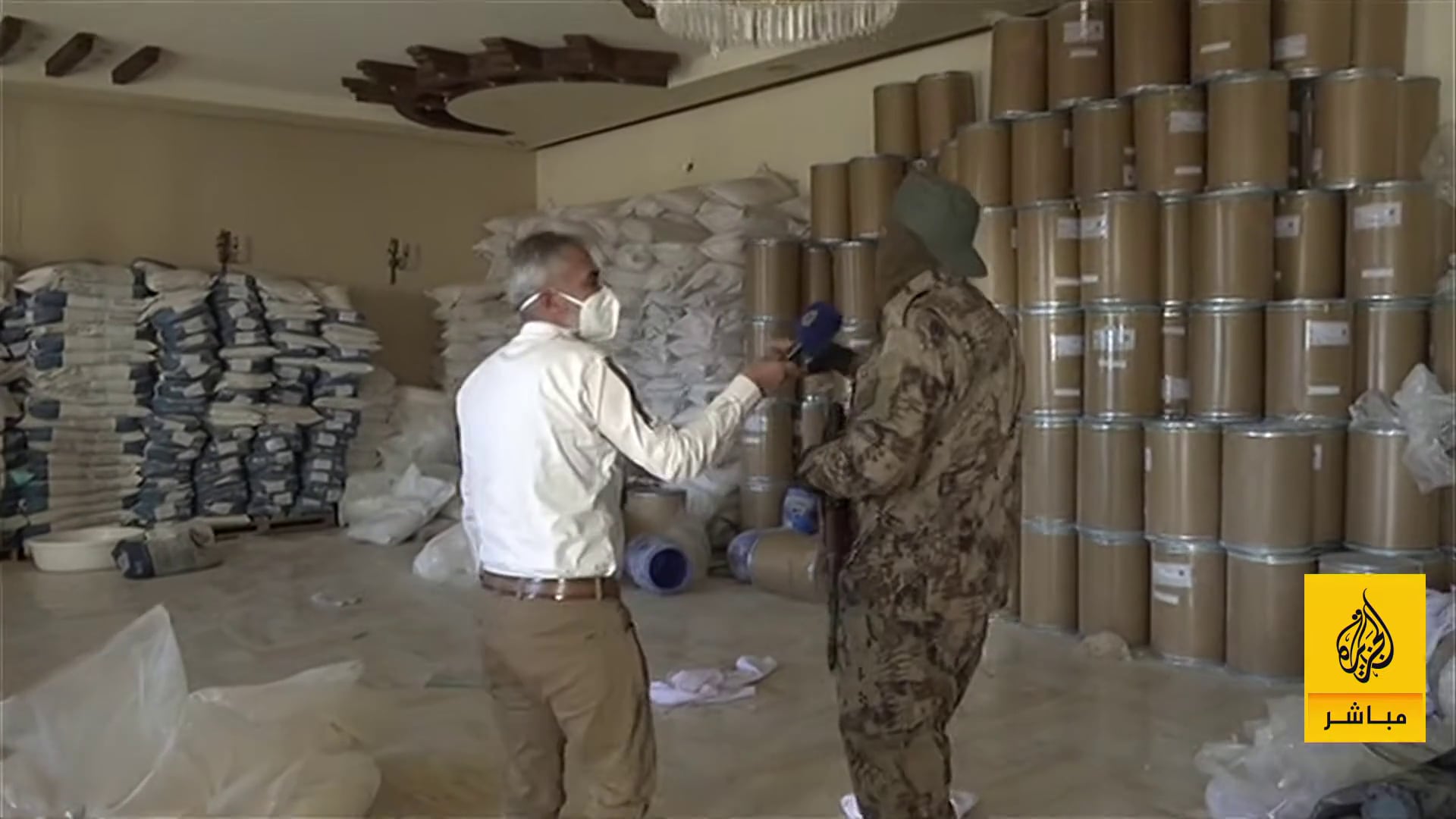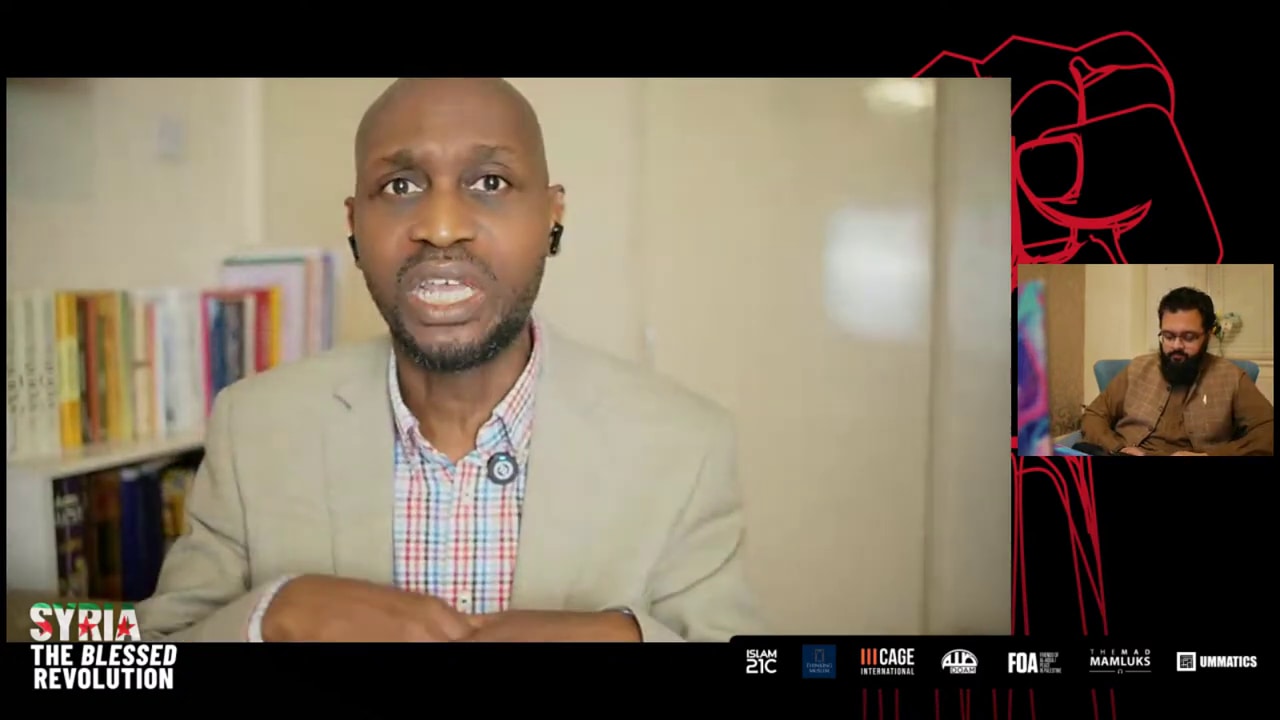
Mohammad Javad Larijani, the Secretary of the Iranian Judiciary’s High Council for Human Rights, was interviewed on Channel 2 (Iran) on November 12, 2019. He said that the West is unworthy of bearing the standard of human rights, that human rights are the ideological foundation of Iran, and that Iran should not view countries like Britain, Bahrain, and Saudi Arabia as models for democracy and human rights. Claiming that Iran is the most important democracy in West Asia, Secretary Larijani criticized the JCPOA for limiting the Iranian people’s development in the nuclear sciences, and he said that it would be a strategic mistake to reverse any of the steps Iran has taken to reduce its commitment to the JCPOA. Rather, he said that none of these steps should be reversible. He explained that it would be foolish to roll back investments in projects such as the Fordo and Arak nuclear facilities. Secretary Larijani also said that Iran should partly blame itself for agreeing to the JCPOA’s trigger mechanism, which he said the Europeans are threatening to activate, and he asserted that if the mechanism is activated, Iran should withdraw from any past nuclear commitments and refuse to join any future agreements. He said that in such a scenario, Iran should even negotiate regarding whether or not it should join the NPT.
Following are excerpts:
Mohammad Javad Larijani: Human rights are not a Western commodity. The Westerners cannot be the standard-bearers of human rights. They are unworthy. We should consider human rights to be our ideological foundation.
[…]
In terms of women’s character and honor in society, I don’t think that there are any differences between women and men. There is a difference with regard to inheritance, but this is not a sign of injustice. It is similar to the fact that when it comes to giving birth, women have a strategic capability that men lack.
[…]
The slogan of equality is a slogan of the French Revolution. They used to say: fraternité Liberté, égalité. It means that everybody is the same. It is a very superficial slogan.
[…]
In England, they passed the bill about equality between men and women only in 1978. These are the people who purport to champion human rights. They recommend fighting against enslavement of women. This is a very good recommendation. We want to be the standard-bearers in this respect. However, this recommendation must not come from the English, because London and England are a paradise for sexual slavery.
[…]
There was a time – up until 20 years ago – when they would view homosexuality as a disease, and would force homosexuals to be treated with progesterone. Today, they feel like intellectuals and think that the whole world should be like them. We are against this. Conversely, we have offered a form of universalism that respects cultures.
[…]
Bahrain gave Iran some democracy tips [at the United Nations Human Rights Council]. This is very interesting material for a comedy video. We answered that there is a small island in our region, where people have been fighting for years for one-person-one-vote, and for that, they are being incarcerated and killed. Such a country gives democracy tips to the greatest democracy in West Asia! The Islamic Republic is, indeed, the greatest democracy. Another country cuts a dissenting journalist [Khashoggi] to pieces. Who knows? They may have eaten him…
Reporter: It’s been more than a year…
Mohammad Javad Larijani: Right, and such a country recommends others to be tolerant. These are the jokes that made everybody [at the UNHRC] laugh. Nobody really takes them seriously.
[…]
We are the most important democracy in West Asia. This is my professional view, not a mere slogan.
[…]
I am sad to say that the world has been deceiving us. President [Rouhani] announced that we will remain in the JCPOA… I don’t know in what [agreement] we will remain, but this means that we will adhere to our commitments. What effort have we spared for the sake of the JCPOA? The IAEA representatives, about whom I have nothing good to say… We gave them access to every nook and cranny in our nuclear facilities. What else do they want? It turned out that we are not pursuing nuclear weapons. It’s not that we can’t. We can do this, but we don’t. That’s the point.
[…]
We can easily obtain nuclear weapons, but we don’t want any. This is a very courageous decision, but we must not be denied any aspect of nuclear knowledge. This is why I am sometimes critical of the JCPOA. We must not impose any limitation on our people’s nuclear scientific development. Under no circumstance should we be denied this right.
[…]
If the measures we took [in reducing our commitment to the JCPOA] are serious, they must be irreversible. Are we so insane that we would take such a significant measure, invest four or five years into it, and they say that if they make some and then say that if they make some economic steps, we will take it all back? Who would we take it back? We have incurred great damage. When Mr. Zarif or the President say: “Of course, if you come towards us, we will go back to square one” – this is a great strategic error. We should take our measures and they must all be irreversible.
[…]
If we start a huge project in Fordo that will last 3-4 years – how exactly do you want to roll it back? If we want to rebuild Arak and invest millions of dollars in it over 4-5 years – why would we roll it back? It would be stupid of us. We must say that once we take a measure, it is irreversible. Now look, the Europeans are threatening to activate the trigger mechanism.
[…]
The trigger mechanism is a bad and ugly threat. Of course, we must also blame ourselves a little for agreeing to this mechanism. But I’d like to say that if the trigger mechanism is activated… I like what Mr. Araghchi said. In such a case, we must go back to square one, which means that we will not accept any nuclear commitment – no commitments form the past and no future commitments – and then we should talk with them about whether or not we should accept the NPT. I think that this is correct. We may change our nuclear strategy completely.













